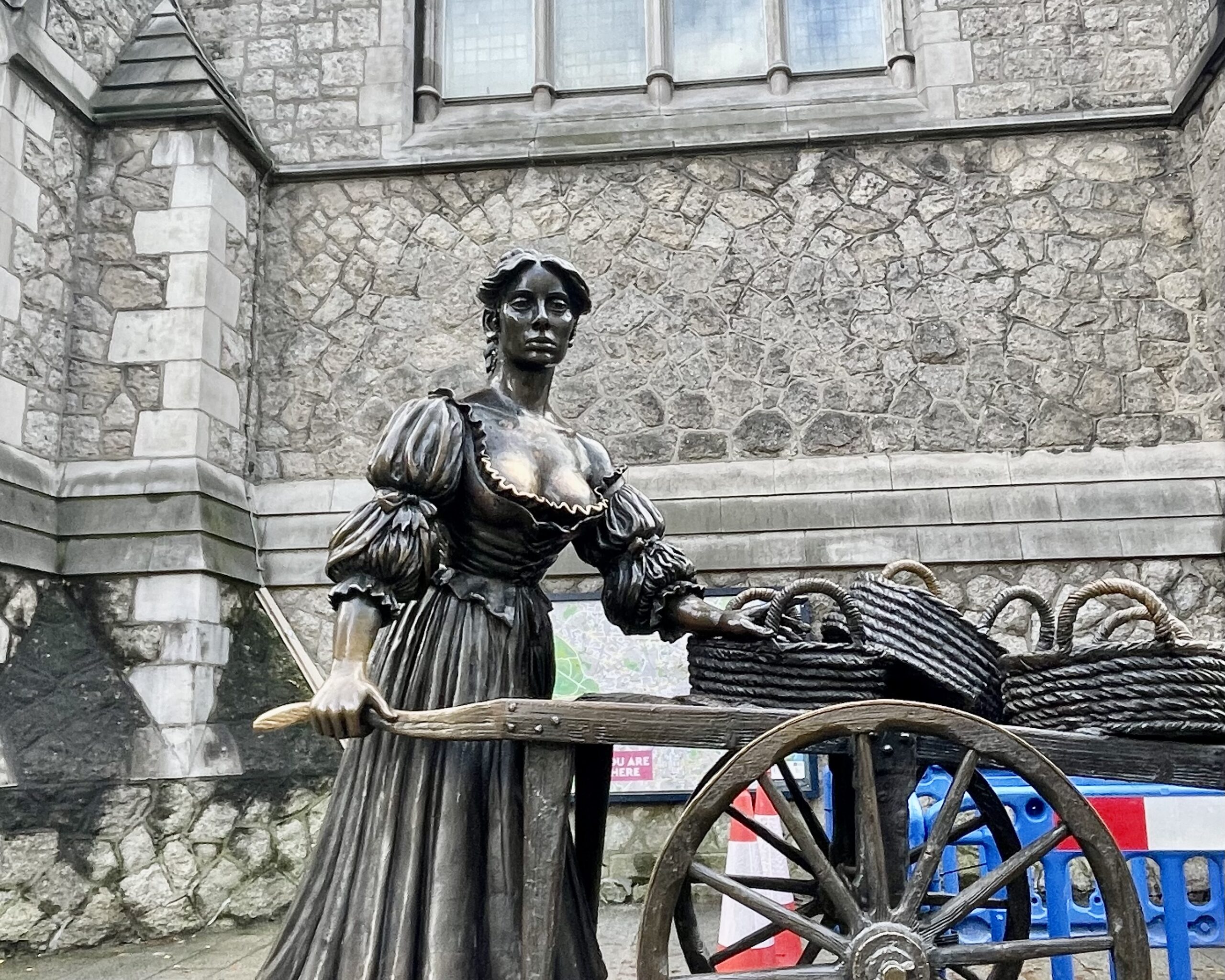
A doofus in Dublin
November 12, 2023
My first drink order in my first pub on my first night in Dublin was for a “Black and Tan.” The very first pint order. I might just as well have been in Belfast and ordered a Car Bomb. The thing is, I knew better. I knew “Black and Tan” referred to a Protestant or Loyalist (to England) paramilitary group opposed to Irish independence. What would be comparable in the states? Walk into a bar in Alabama and order a “Neil Young?”
Yet the bartender cheerfully hid whatever murderous impulse I might have justifiably triggered, and said simply, “We don’t serve those here.” Why didn’t I order a “Half and Half,” which is the same thing, but lacking any political coloration? Or just a damn Guinness, which I wound up drinking copiously throughout our stay here. (Even Carol has developed a taste for the national drink of Ireland.)

Carol developed quite a taste for it
But my order didn’t spark any sort of snarling, forehead vein popping response or threat of actual violence, as I’m sure it might have in those dark days of the Troubles back in the early 1970’s, back when I was working and living on a fishing boat in Galway.
“What would be comparable in the states? Walk into a bar in Alabama and order a “Neil Young?””
It was an early evening in September of 1971, and I was in the process of peeling a pro-IRA poster off a wall in town. A hand grabbed me gruffly from behind, and the person attached to it demanded to know what I thought I was doing. (In another life and time, I might have replied, “Just ordering a Black and Tan.”) I quickly explained that I meant nothing aggressive by it, that I was just adding to my nascent scrapbook collection. The hand accepted my explanation, due in no small part I’m sure having delivered it in a thick American accent. Next thing I know. I’m attending a clandestine meeting as a guest of the Irish Republican Army – Galway division.
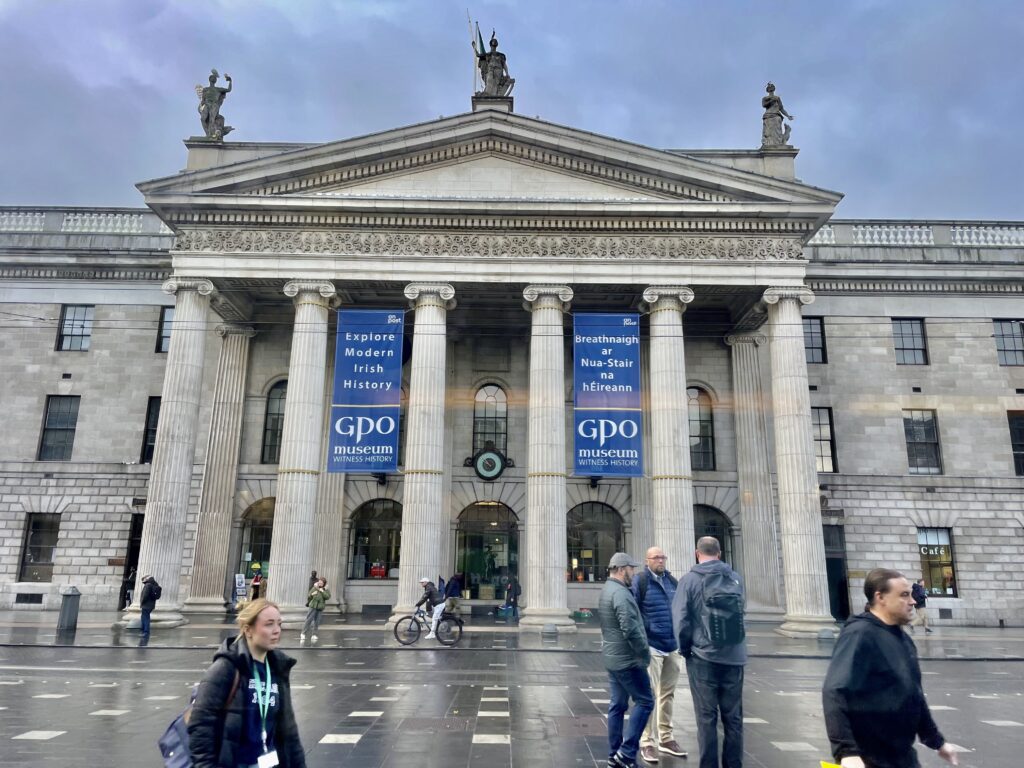
Dublin P.O. The Lexington and Concord of the Irish War for Independence
The peace that followed the Good Friday Agreement of the early 1990’s seems today to be holding firm. Our Black Taxi guide in Belfast frankly stated neither the Catholics nor the Protestants want a return to the Troubles. (He also believes, though, that the wall separating the Protestants of Shankill and Falls Road should not be torn down as planned later this year.)
Imagine a modern America, where the government had honored every treaty they’d made with the First Settlers, instead of breaking every one. That America would look like Ireland today, a vibrant, cheerful, brimming-with-heartstopping-energy country, with the indigenous populations hosting hordes of happy tourists to sing and dance to the native songs, with a politeness and deference that brings a tear to the eye as well as a song to the heart.
It is ironic (in only a way the Irish would understand and wink knowingly) that we are visiting a country that found its way through its violent divisions, at a time when our own seems eager to tear itself to its very foundations.
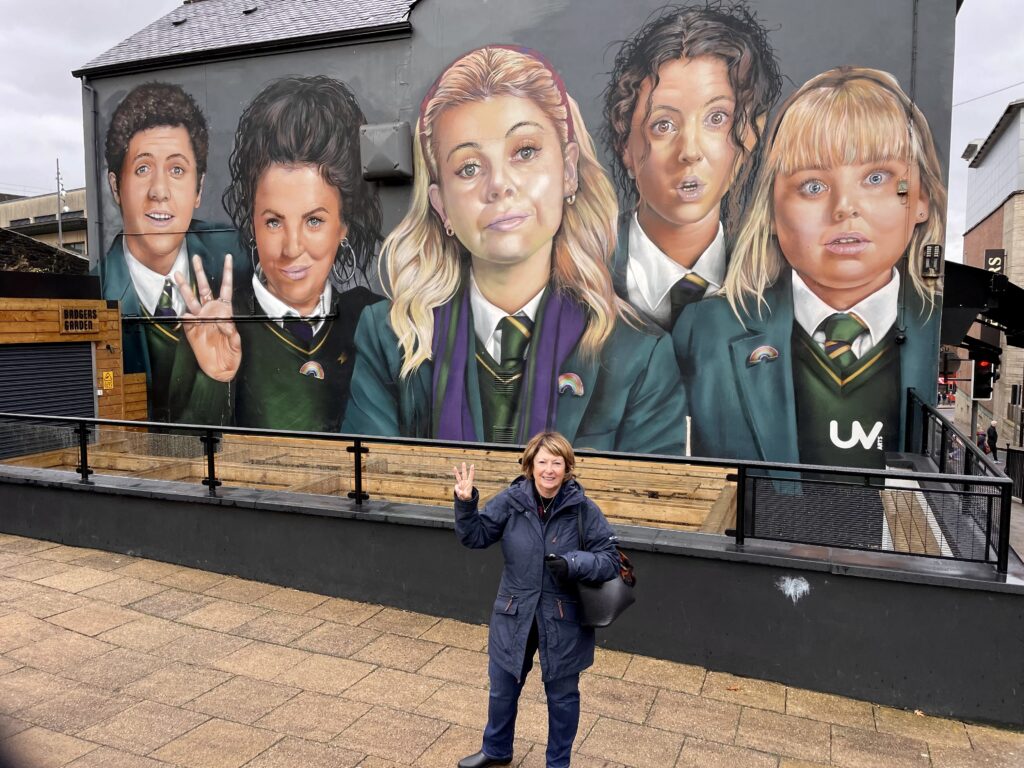
A more cheerful look back at the Troubles and their being over
Makes me want to get home and order a Black and Tan. I’ll probably have to explain to the bartender what it is. And then he’ll probably just smile and serve it right up, without a hint of irony of where I’ve been, and where he and this country of ours seems to be heading.
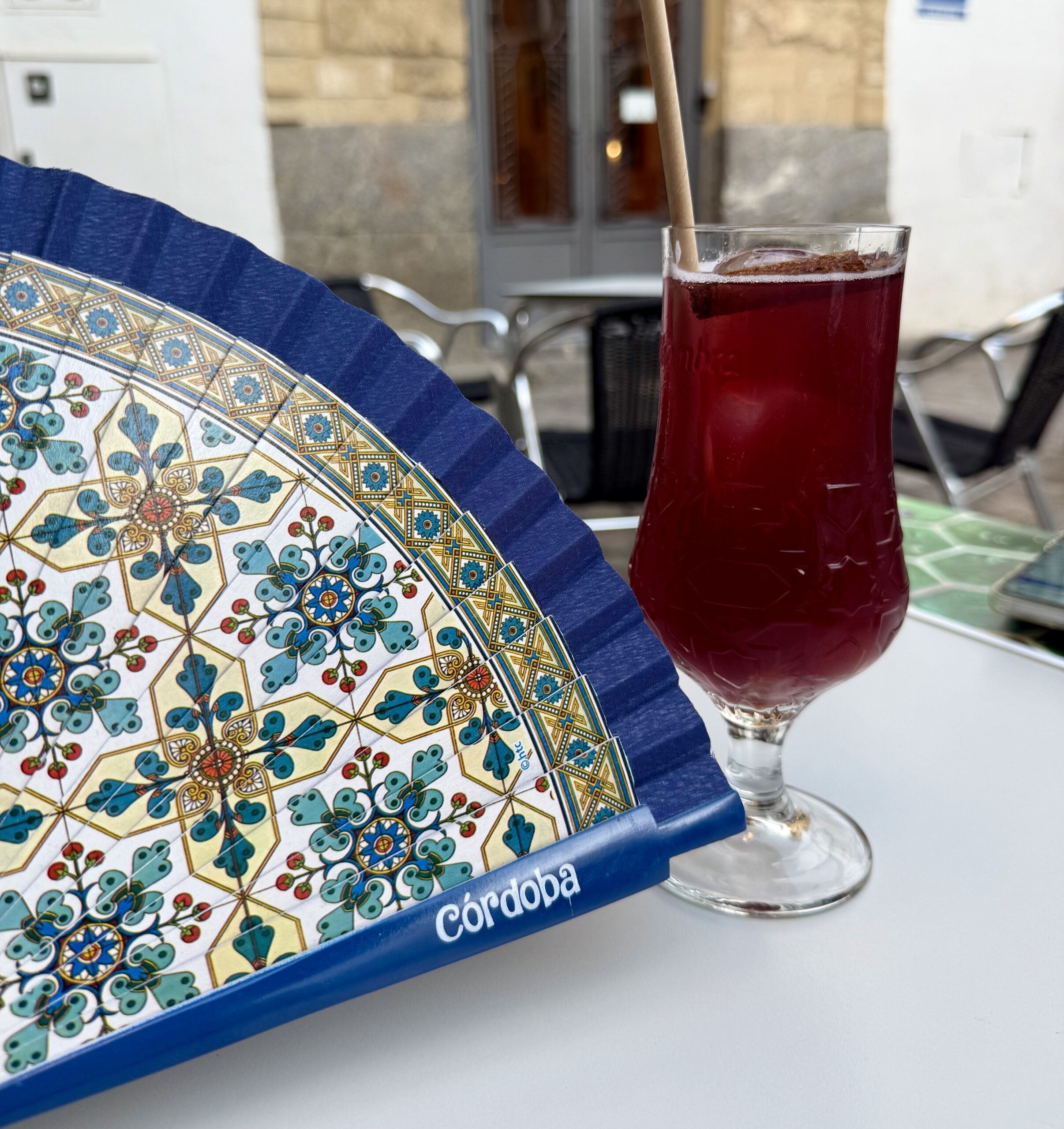
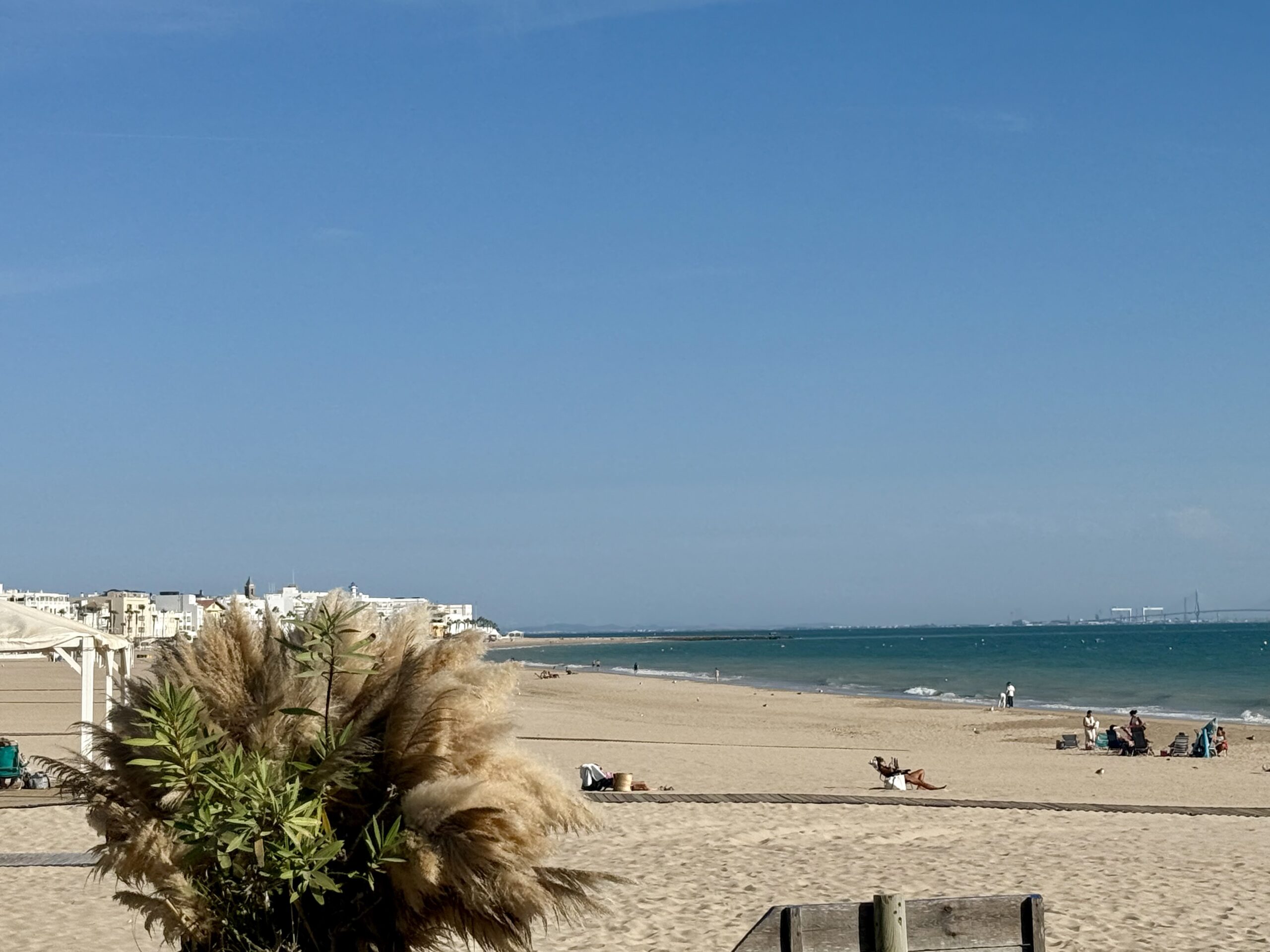

Be the first to comment